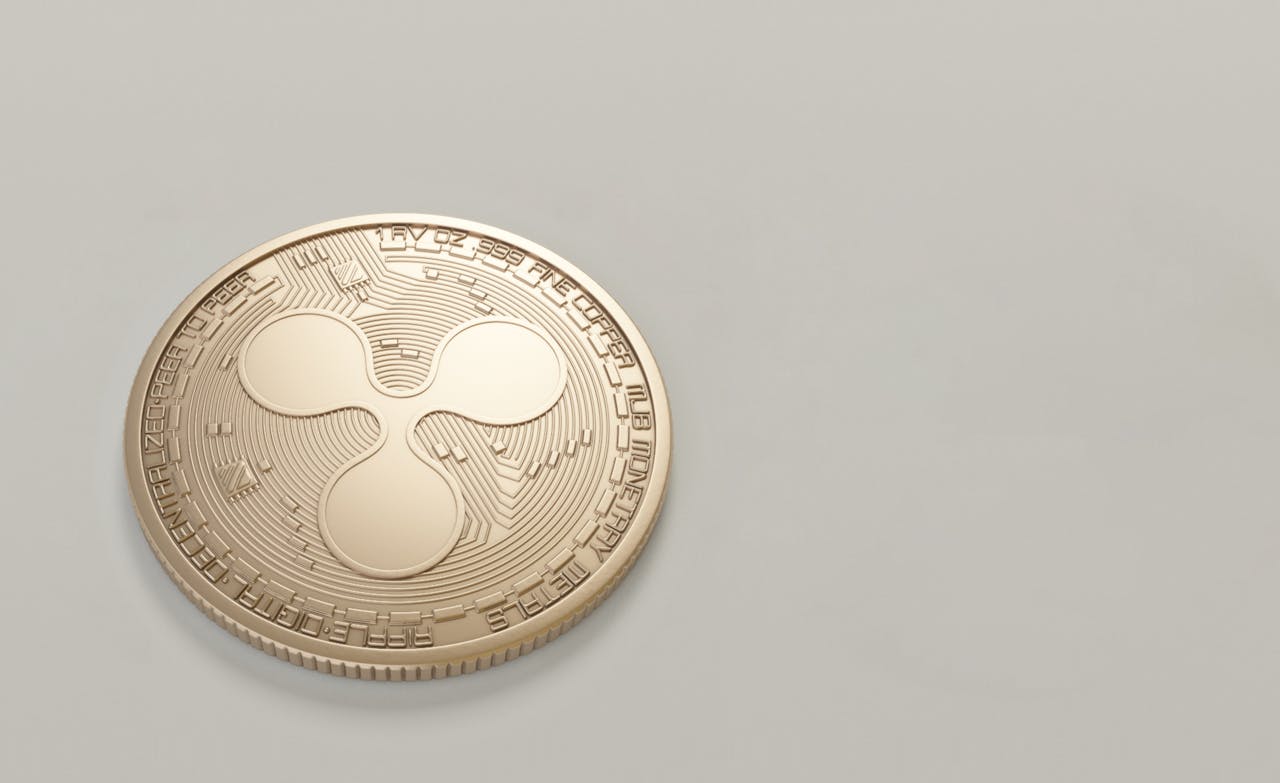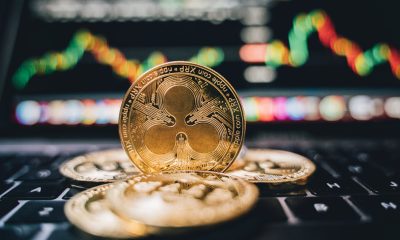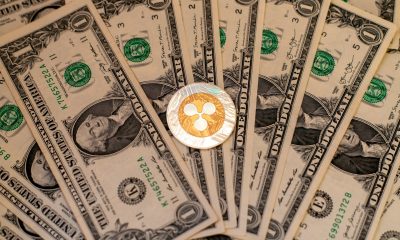Crypto
Ripple’s Court Victory Against SEC Could Help the NFT Division
The SEC is targeting NFTs and OpenSea, attempting to classify them as securities, despite recent court losses in the Ripple case. Courts increasingly reject the SEC’s stance that crypto falls under securities laws. Legal experts suggest the SEC may avoid appealing the Ripple decision to prevent further defeats, which could hinder its future crypto regulation efforts.

The US Securities and Exchange Commission (SEC) has set out to regulate the NFT sector of the crypto industry. However, experts point to the rulings in the SEC’s case against Ripple (XRP), which could be transferable to NFTs.
In the US, the Securities and Exchange Commission (SEC) is once again trying to equate cryptocurrencies and platforms with securities and stock exchanges. This time it has taken aim at NFTs and the OpenSea platform, and an indictment appears to be in preparation. But has the SEC learned nothing from the years-long trial against Ripple and XRP, in which it came up short in two rounds?
More and more courts in the US are no longer following the SEC’s argument that crypto falls under securities laws. Ripple’s chief legal counsel Stuart Alderoty is currently reminding us of this via X . He has also dug up an SEC decision from 1976, where the authority had fundamentally decided against intervening in the art trade. The NFTs traded and produced at OpenSea are predominantly considered digital art – so there is a contradiction here between the SEC’s historical and current position.
Meanwhile , lawyer and crypto expert Bill Morgan is looking at the question of whether the SEC will seek an appeal in the Ripple and XRP case on X. Since the second ruling there in early August, there is a 60-day deadline to file an appeal. Ripple does not want to make use of this right. Morgan comes to the conclusion that the SEC would also rather forgo the risk of suffering another legal defeat. According to Morgan, the reasons for the judgment in Ripple and XRP are very cleverly constructed and leave the SEC little room to put forward new arguments. If the SEC loses in a higher court in the crypto case, this could block other initiatives by the authority, says Morgan.
Conclusion: Is the SEC drawing conclusions from the Ripple and XRP case?
The SEC has recently had little success in its attempts to assume responsibility for the crypto industry. Its thesis that many altcoins and, more recently, NFTs are securities has not been heard in court – on the contrary: judgments emphasize that citizens have the freedom to trade XRP and other cryptocurrencies on secondary markets.
OpenSea can be classified as such a secondary market and NFTs seem far from being a security. But the sword of Damocles – the SEC’s appeal – hangs over this description of the situation for almost 40 days, and could reopen the fundamental dispute.
__
(Featured image by Moose Photos via Pexels)
DISCLAIMER: This article was written by a third party contributor and does not reflect the opinion of Born2Invest, its management, staff or its associates. Please review our disclaimer for more information.
This article may include forward-looking statements. These forward-looking statements generally are identified by the words “believe,” “project,” “estimate,” “become,” “plan,” “will,” and similar expressions. These forward-looking statements involve known and unknown risks as well as uncertainties, including those discussed in the following cautionary statements and elsewhere in this article and on this site. Although the Company may believe that its expectations are based on reasonable assumptions, the actual results that the Company may achieve may differ materially from any forward-looking statements, which reflect the opinions of the management of the Company only as of the date hereof. Additionally, please make sure to read these important disclosures.
First published in BLOCK-BUILDERS.DE. A third-party contributor translated and adapted the article from the original. In case of discrepancy, the original will prevail.
Although we made reasonable efforts to provide accurate translations, some parts may be incorrect. Born2Invest assumes no responsibility for errors, omissions or ambiguities in the translations provided on this website. Any person or entity relying on translated content does so at their own risk. Born2Invest is not responsible for losses caused by such reliance on the accuracy or reliability of translated information. If you wish to report an error or inaccuracy in the translation, we encourage you to contact us

-

 Biotech2 weeks ago
Biotech2 weeks agoEurope Launches Personalized Cancer Medicine Initiative
-

 Markets22 hours ago
Markets22 hours agoRice Market Slips as Global Price Pressure and Production Concerns Grow
-

 Crypto1 week ago
Crypto1 week agoBitcoin Wavers Below $70K as Crypto Market Struggles for Momentum
-

 Africa6 days ago
Africa6 days agoMorocco’s Tax Reforms Show Tangible Results
























